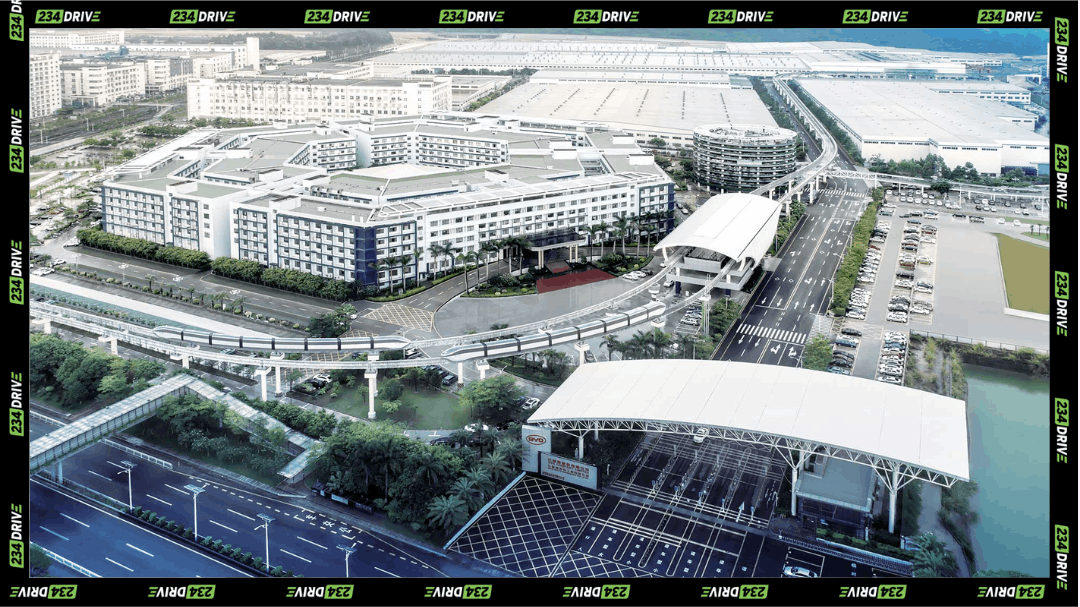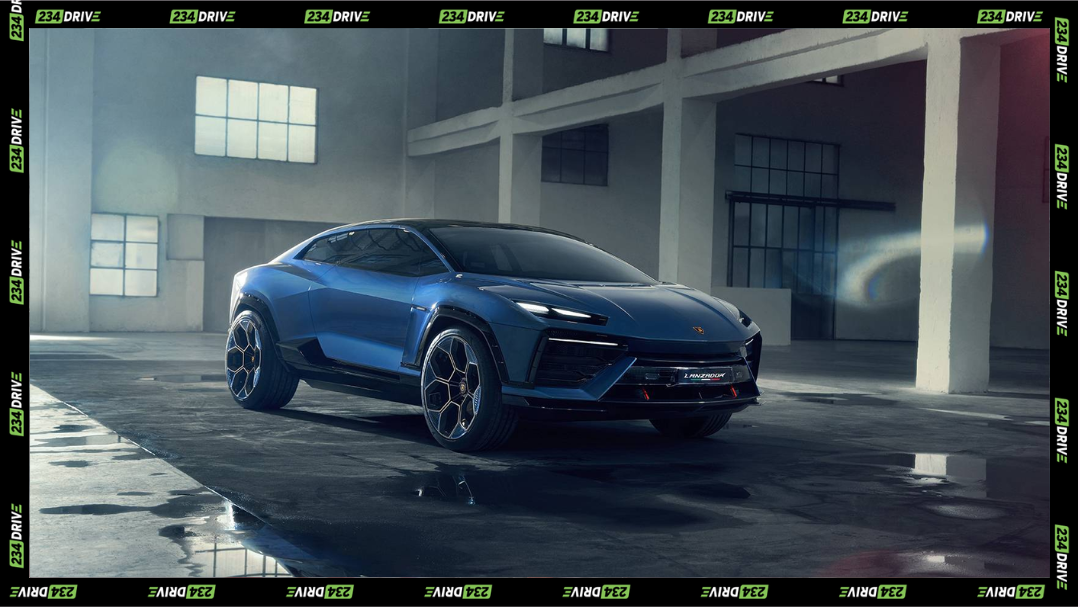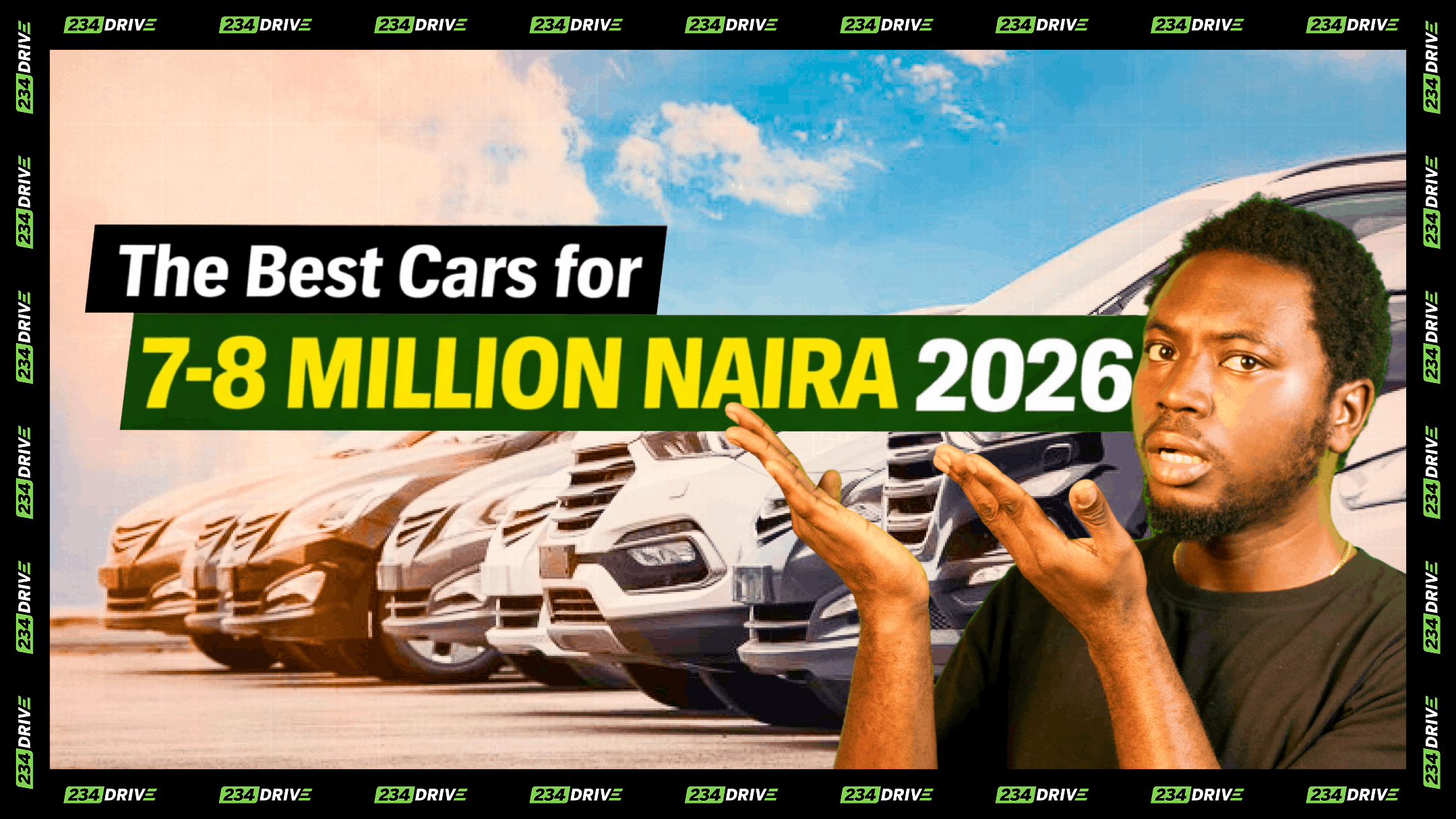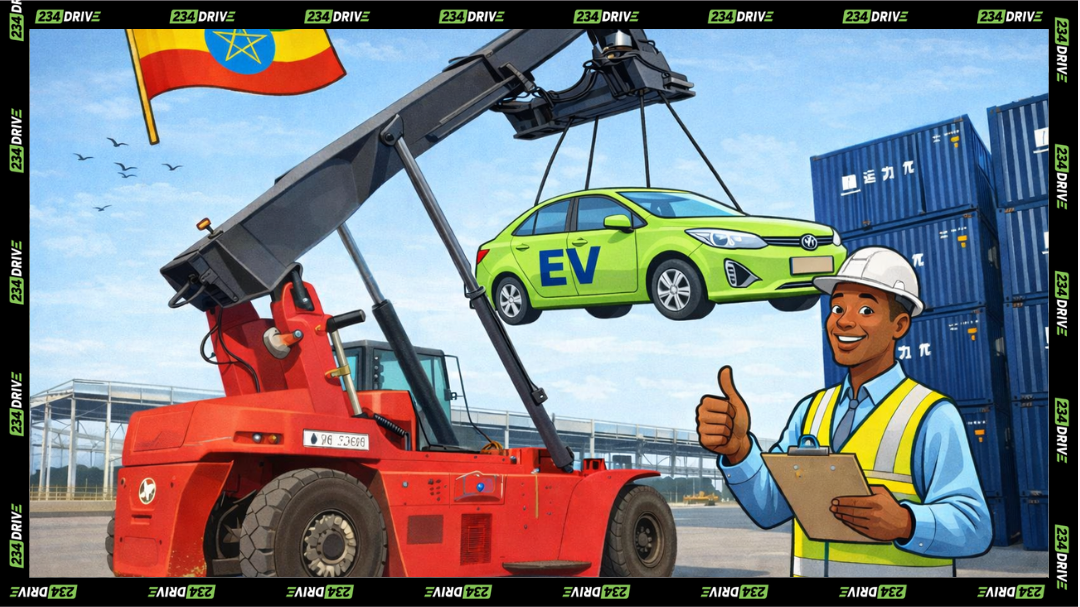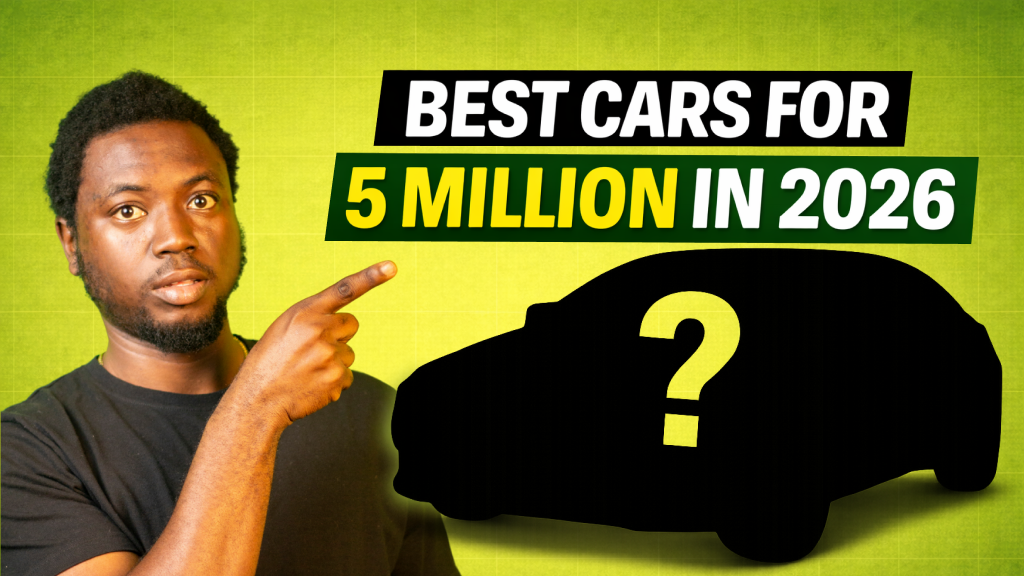Spiro, Africa’s leading electric-mobility company, has raised $100 million, marking the largest investment ever in the continent’s two-wheel EV sector.
The funding round was led by the Fund for Export Development in Africa (FEDA), the investment arm of Afreximbank, and will be used to scale Spiro’s battery-swapping network and expand across new markets.
The company plans to surpass 100,000 deployed electric motorcycles by the end of 2025, a jump of 400% from last year’s numbers, strengthening its position as one of Africa’s EV leaders. Spiro currently operates in Kenya, Uganda, Rwanda, Nigeria, Benin, and Togo, with pilot programs underway in Tanzania and Cameroon.
CEO Kaushik Burman said the funding is another milestone point in African mobility, noting that riders are choosing Spiro bikes because they are cheaper to run, easier to maintain, and more profitable than petrol motorcycles. FEDA’s CEO, Marlene Ngoyi, described Spiro’s growth as proof that sustainable transport can also be commercially viable.
Nigerian musician and global star Davido, who partnered with Spiro in January to launch his own line of electric bikes across Africa, has publicly praised the development on Instagram. The African trendsetter called the project “a Made-in-Africa solution for African needs.” The collaboration aims to further improve awareness and give everyday motorcycle riders, often the backbone of African transport economies, affordable access to clean and locally built two-wheelers.
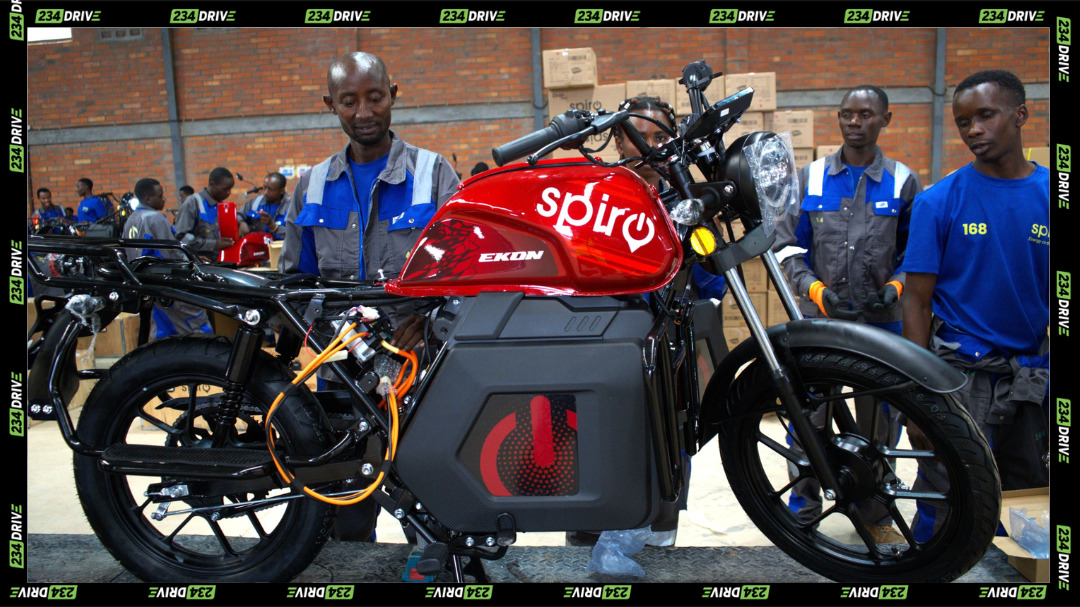
Spiro’s momentum supports a push toward electrifying short-distance and last-mile travel as an entry point in the West Africa region. Bolt in Lagos has also rolled out electric tricycles constructed by SGX Mobility. Each battery recharge is expected to cost about ₦6,500 daily, roughly half of what drivers spend on fuel, while providing up to 12 hours of range.
Investors increasingly see two-wheel and last-mile transport as the most practical entry points into sub-Saharan Africa’s EV transition. Progress still rests on factors like reliable power, rider financing, and supportive infrastructure, but companies are finding workarounds with battery-swapping hubs and lease-to-own models that keep costs low and vehicles running.
While global players like BYD continue to bring top-tier EVs to market, Africa’s breakthrough may come from these everyday systems, where electric motorcycles and tricycles quietly drive the continent’s shift toward cleaner, more inclusive mobility. Now, which of these EV enablers would you choose today based on your budget?


